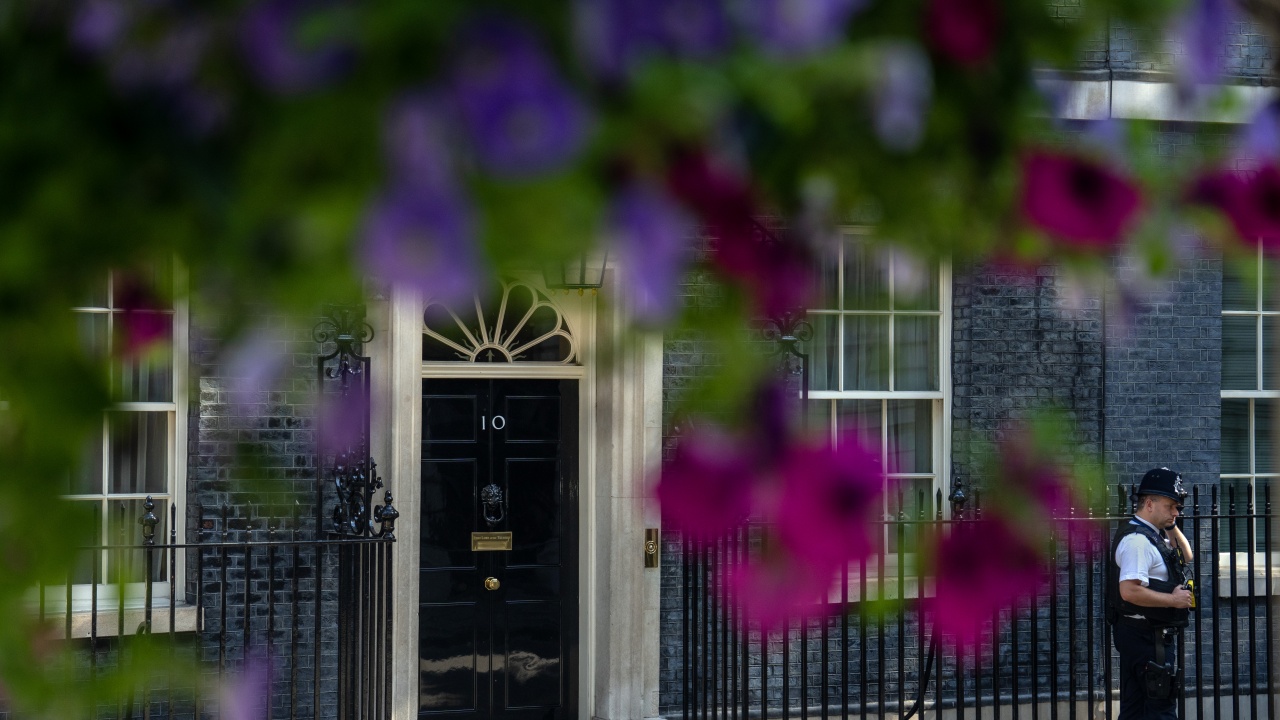Listen to the news
The new British finance minister, Jeremy Hunt, canceled almost all the economic measures announced in Liz Truss's mini-budget from the end of September, which led to a storm in the financial markets and to the dismissal "on fire" of Kwasi Kwarteng, who proposed it, reported Reuters.
Hunt, who replaced Kwarteng on Friday, said the country needed to restore stability and confidence before embarking on a growth path.
According to him, the refusal of the tax reduction will bring 32 billion lira to the budget annually.
The government must also reduce state spending, which, according to the Sunday Times, is opening a hole in the budget in the amount of 72 billion pounds.
The changes announced by Hunt foresee an indefinite maintenance of the income tax at 20 percent.
The previous plan called for it to be reduced to 19 percent from April 2023. The cabinet is also abandoning its idea of scrapping the top rate of tax.
The government will also continue with its plan to increase next year's corporate tax to 25 percent instead of the current 19 percent, which is the lowest rate among the G-7 countries.
The British finance minister presents measures to deal with the crisis
Remaining at the current 19 per cent would cost taxpayers £67.5 billion over the next five years.
Hunt also announced that energy bill support for households and businesses would continue until April 2023, after which it would be reviewed and only targeted.
Great Britain
tax policy
